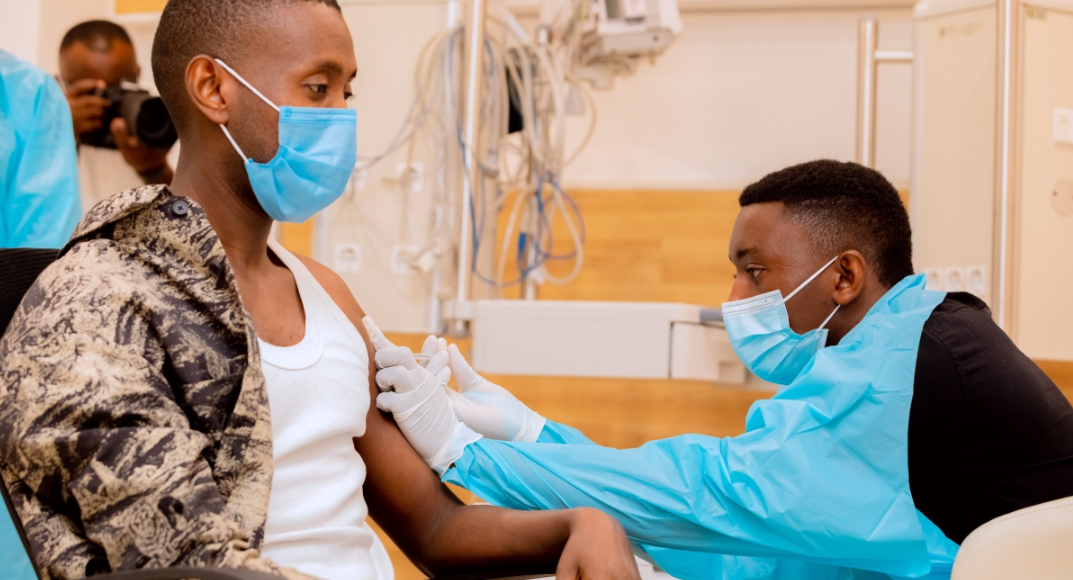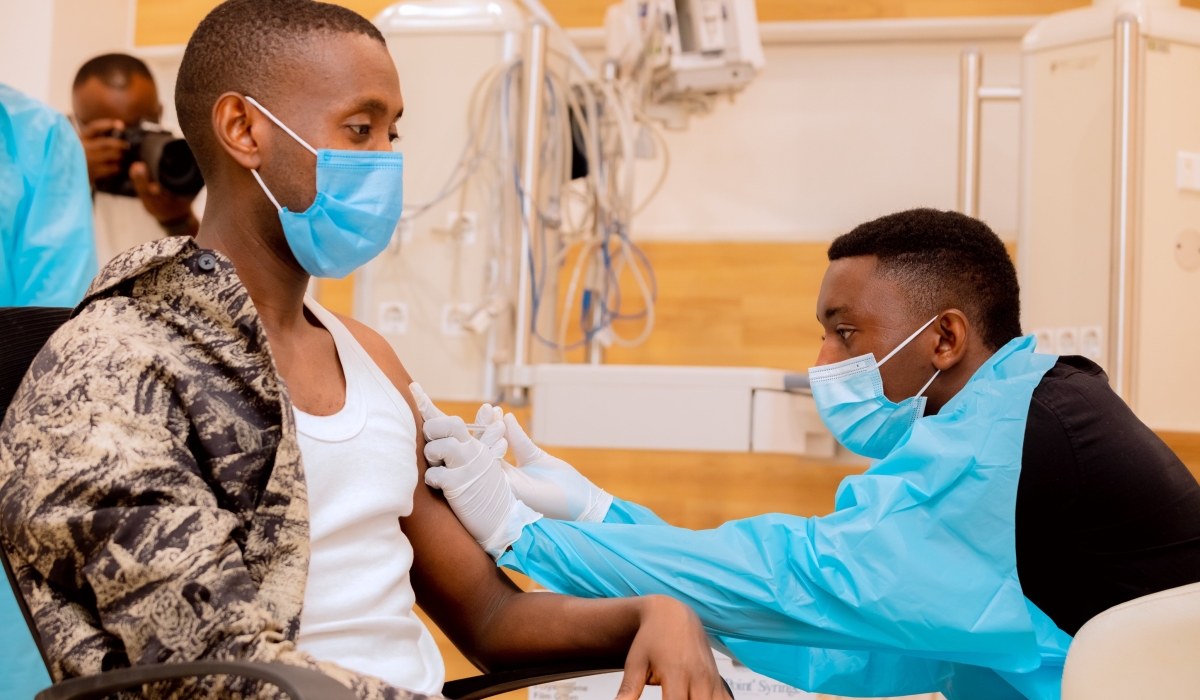The Sabin Vaccine Institute on Thursday, October 31 dispatched approximately 1,000 additional doses of its investigational vaccine, in a continued collaboration with Rwanda to address the current Marburg virus outbreak. The delivery follows the previous 1,000 doses Rwanda got from the US-based organisation on October 12, and 700 doses on October 5.
With the new shipment, doses of the vaccine meant for dealing with Marburg virus outbreak in Rwanda amount to 2,700 in total. The initial part of the trial focused largely on health workers, a group that suffered the most casualties in this outbreak, the organisation pointed out. In a statement on Thursday, the organisation indicated in a statement that the new vaccine doses are meant for a randomised clinical trial arm within the ongoing open-label study – a type of clinical trial in which both the health providers and the patients are aware of the vaccine or treatment being given.
Under the updated protocol, sponsored by the Rwanda Biomedical Center, approximately 1,000 at-risk individuals, including mine workers, will receive Sabin’s single-dose investigational vaccine in a 1-to-1 randomisation. Half will receive the vaccine immediately, and the other half 21 days later to align with the end of the disease incubation period.
Genomic sequencing of the index case (first identified case in an infectious disease outbreak) in Rwanda suggests a zoonotic origin, with strains similar to those found in fruit bats in a mine [cave], according to information from the Ministry of Health.
Meanwhile, at a press conference about Marburg outbreak that was hosted by Africa CDC, on October 24, the Minister of Health, Dr. Sabin Nsanzimana said that they identified the mining cave where fruit bats linked to the Marburg virus disease outbreak in Rwanda have been living, adding that mining activities were stopped there to prevent human contact with such animals.
The new trial arm will assess safety, immunogenicity (ability to induce immunity), and efficacy. Pending a request from Rwandan officials and authorisation from the U.S. Administration for Strategic Response and Preparedness, Sabin Vaccine Institute stated it plans to supply additional vaccines for this portion of the trial.
Rwandan health officials determined the most expeditious and effective way to reach this new group of people impacted by the outbreak is to adapt the current protocol, said Sabin Vaccine Institute CEO Amy Finan. While this vaccine is still investigational, our mission is to ensure that knowledge can move swiftly from research to real-world solutions, with scientific rigour and safety as our highest priorities.”
According to information from the Ministry of Health, as of October 30, more than 1,618 doses of the vaccine were already administered – corresponding to 1,618 people immunised (primarily frontline health workers) since it is a one-dose jab.
During a media briefing about the Marburg outbreak that was hosted by Africa CDC, on October 31, the Minister of State for Health, Dr. Yvan Butera, addressed the need for more vaccine doses. He said that they were in talks to see how they could acquire more vaccines. Hopefully, we should be able to get additional doses,” he said.
Since the outbreak began, Sabin has been working directly with Rwandan officials and partners to mount a coordinated response. Rwanda has confirmed 66 Marburg cases in what is one of the largest recorded outbreaks of the disease, since the outbreak was confirmed on September 27. Case numbers declined sharply within two weeks, with 15 deaths reported as of October 30, implying a case-fatality rate of approximately 23 per cent, according to data from the Ministry of Health.
Sabin Vaccine Institute’s candidate vaccine is currently in phase 2 trials in uganda and kenya with no safety concerns reported to date. In non-human primates, it has demonstrated rapid immunity within one week, and in Phase 1 trials, it has shown safety and immunogenicity in humans, the organisation stated.



